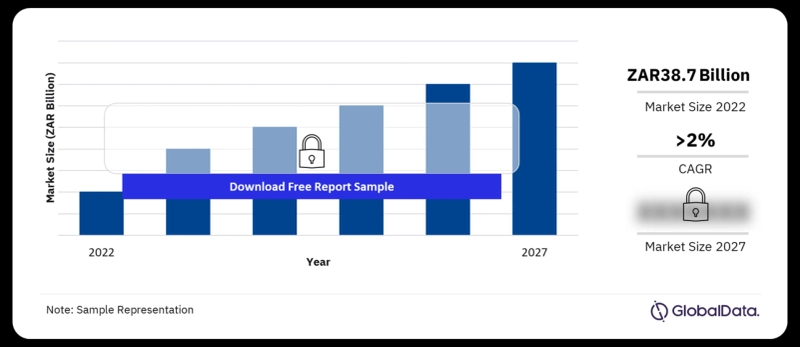The South African cigarette market, once shrouded in a cloud of certainty, now faces an uncertain future. As regulatory winds shift, this SEO-focused analysis examines the evolving legislative landscape and its far-reaching impact on the tobacco industry.
Body:
A Legacy of Puffery: Historically, the South African cigarette market thrived with minimal regulations:
Limited Advertising Restrictions: Tobacco companies enjoyed significant marketing freedom, influencing consumer behavior.Relatively Low Excise Taxes: Affordable cigarettes fueled high smoking rates, posing a significant public health concern.Flourishing Illicit Trade: Weak regulations created an environment for the proliferation of illegal cigarettes, further undermining public health efforts.Winds of Change: The Regulatory Storm: The tide is turning, with stricter regulations impacting the cigarette market:
Plain Packaging: The introduction of plain packaging mandates removes branding and logos from cigarette packs, reducing their appeal and marketing influence.Excise Tax Hikes: Regular excise tax increases make cigarettes less affordable, aiming to discourage smoking and generate government revenue for public health initiatives.Proposed Tobacco Products Control Bill: The proposed bill, currently under discussion, could introduce stricter measures like larger graphic health warnings and potential bans on menthol cigarettes.Impact on the Industry: The regulatory landscape is taking a toll on the cigarette market:
Declining Sales: Stricter regulations lead to declining cigarette sales, impacting industry profits and government tax revenue.Job Losses: As sales decline, job losses within the tobacco industry and its supply chain become a concern.Rise of the Illicit Market: Stricter regulations can inadvertently incentivize the illicit cigarette trade, posing health risks and undermining tax collection efforts.The Road Ahead: Balancing Public Health and Economic Considerations: Navigating this complex landscape requires a multi-pronged approach:
Effective Enforcement: Enhancing border security and cracking down on illegal tobacco production and distribution are crucial.Public Education: Sustained public education campaigns are essential to raise awareness about the health risks of smoking and the dangers of illicit cigarettes.Supporting Affected Communities: Providing support programs for communities and workers impacted by job losses within the tobacco industry.Conclusion:
The South African cigarette market is at a crossroads. While stricter regulations have a positive impact on public health, they also come with economic challenges. By prioritizing public health, enforcing regulations effectively, and supporting affected communities, South Africa can navigate the smoke and mirrors of the regulatory landscape and chart a healthier course for the future.



